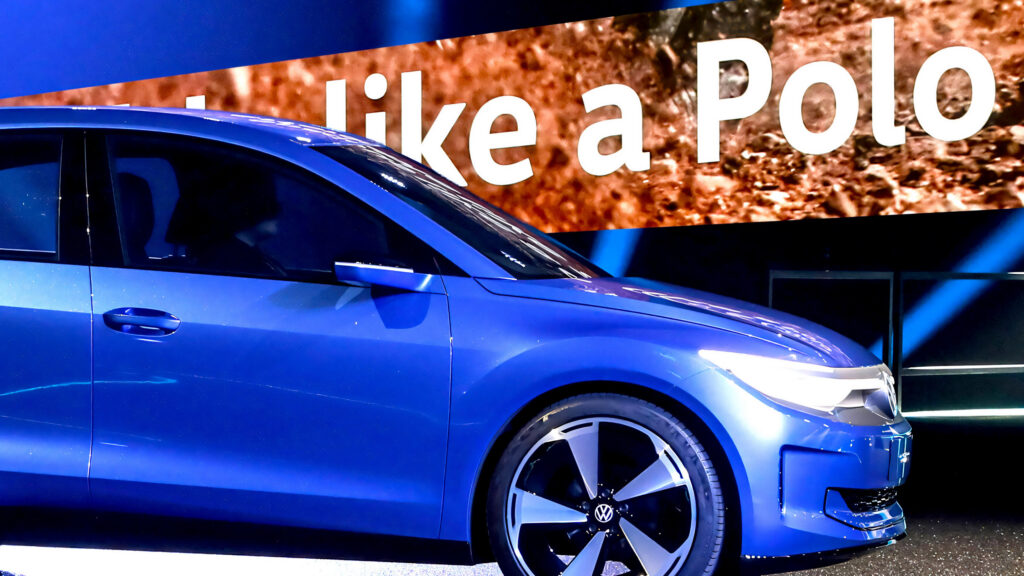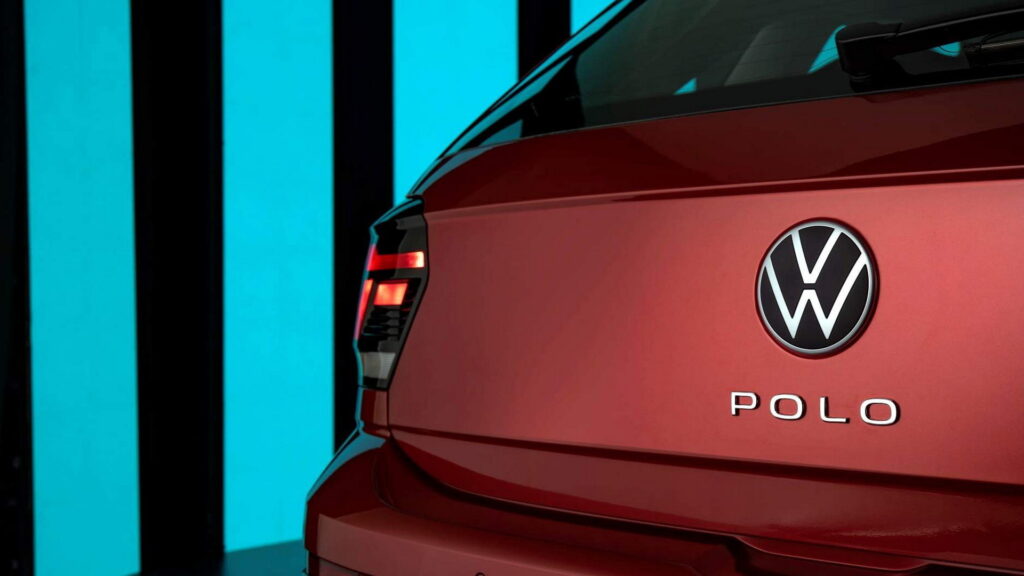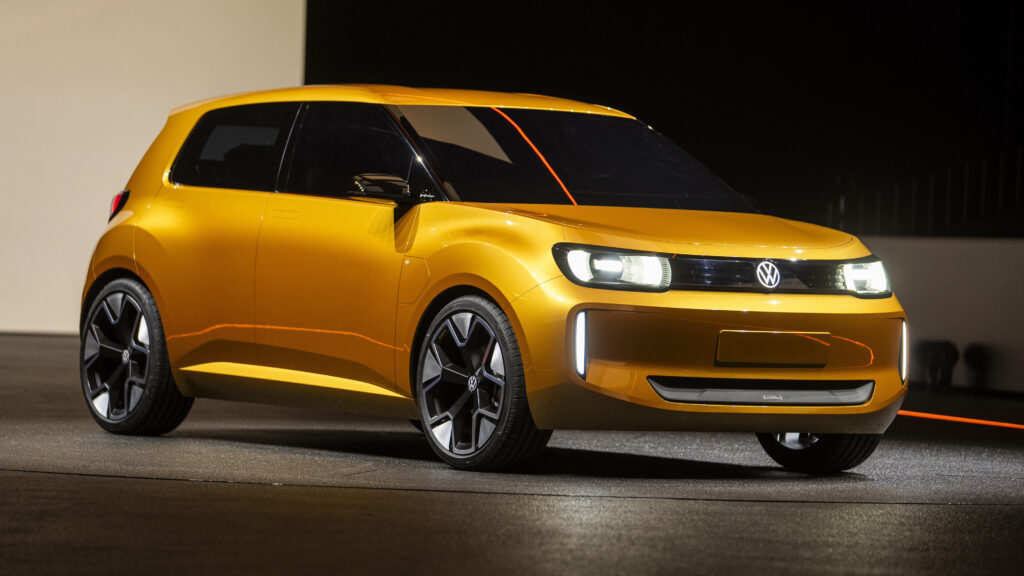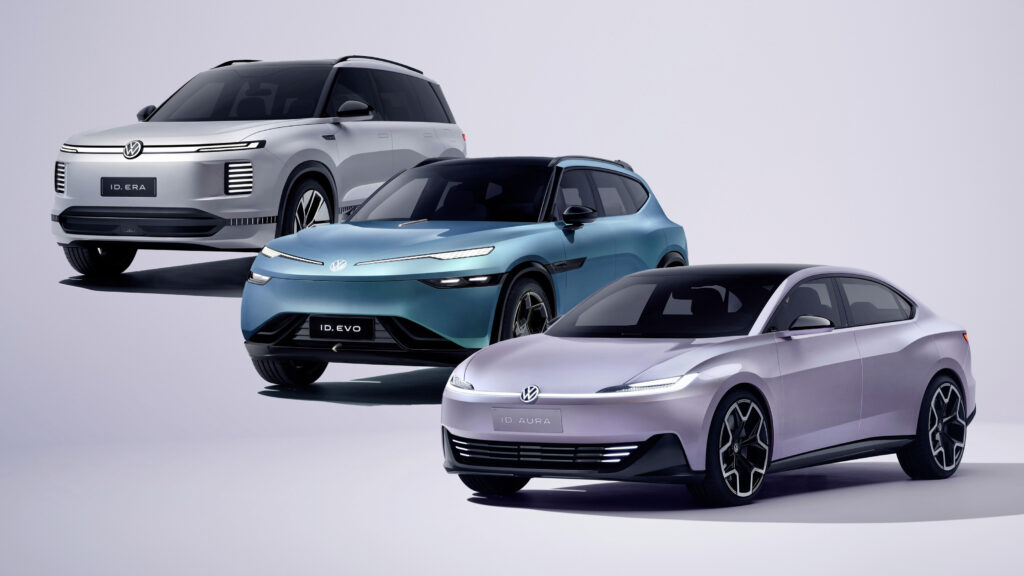Volkswagen’s EV Naming Overhaul

Volkswagen is flipping the script on its electric vehicle (EV) naming game. By 2026, say goodbye to the “ID” prefix that’s been stuck on every VW electric model like decals on a kid’s lunchbox. Instead, the automaker will re-introduce traditional car names, simplifying their lineup and making their electric offerings more relatable to potential buyers.
End of the ID Era

The “ID” sub-brand kicked off with the ID.3 in 2017, later branching into models such as the ID.4 SUV, ID.5, and the China-exclusive ID.6, along with the ID.7 sedan and iconic ID. Buzz minivan. While plans for the tiny ID.1 city car and slightly larger ID.2 supermini were in the pipeline for 2027, VW has decided it’s time to authentically name its fleet.
Back to Basics

Martin Sander, a key figure in VW’s board, revealed the rationale behind this shift. Upcoming models will sport familiar names. For instance, the ID.2, scheduled for 2026, might champion the ‘Polo’ name, hitting right on the model’s 50th anniversary. The ID.1, aiming for 2027 release, might echo past models like the Lupo, Fox, or perhaps something entirely new.
The Driving Experience

Let’s talk about what matters most — the driving experience. Volkswagen’s electric models, like the ID.4, have earned a solid reputation for comfort and versatility, much akin to the well-loved Golf in terms of ease of use and driver-friendly features. The ID.4, for example, combines the agile handling of an SUV with the smooth electric acceleration that feels as instant as flooring it in a sports car.
With this refreshing take on naming, VW’s keeping its lineup clear-cut for consumers who might feel lost in the wilderness of alphanumeric soup that brands have lately served up. While these changes don’t impact how the vehicles drive, they make the product line more digestible, much like Chevy’s choice to stick with legendary names like Camaro and Silverado.
Upcoming EV Strategy
Volkswagen is also planning an electric Golf and a T-Roc SUV by decade’s end. Familiar nameplates like Passat and Tiguan are slated for EV roles too. But with evolving EV innovations and extended model line-ups, VW must keep combustion variants distinct, while phasing them out gradually.
Strategically, VW has its eyes set on becoming the leader in electromobility. Sander is bullish on VW’s EV lineup, boasting high demand and thanking their ID series, especially the ID. Buzz minivan, for setting the stage in the U.S. market.
Target Prices and Future Models
As VW steers toward a battery-electric-centric future, the ID. 2all aims to enter the market at around $27,900, with the ID. Every1 expected to start at $22,300 by 2027. Falling battery costs and new production methods make these competitive price points feasible while ensuring profitability from day one.
Challenges in China
The electric market in China poses unique challenges with aggressive pricing. VW is keen on long-term growth strategies here, emphasizing market-specific electric models launching in 2026, designed to capture new customer bases and strengthen their foothold. While hybridizing the combustion lineup, strategic investment remains a priority.
In essence, if nostalgia and modern technology got together, Volkswagen’s upcoming lineup would be their first-born. By pulling its heritage into the electric realm, VW aims to compose an approachable, electrifying symphony appealing to both legacy enthusiasts and new-age drivers alike.
E-Type Revamp Unveiled
1989 Prelude Shines
EV Tax Credit Cuts
Rare Lamborghini Roadster
Ford Lincoln SUV Recall